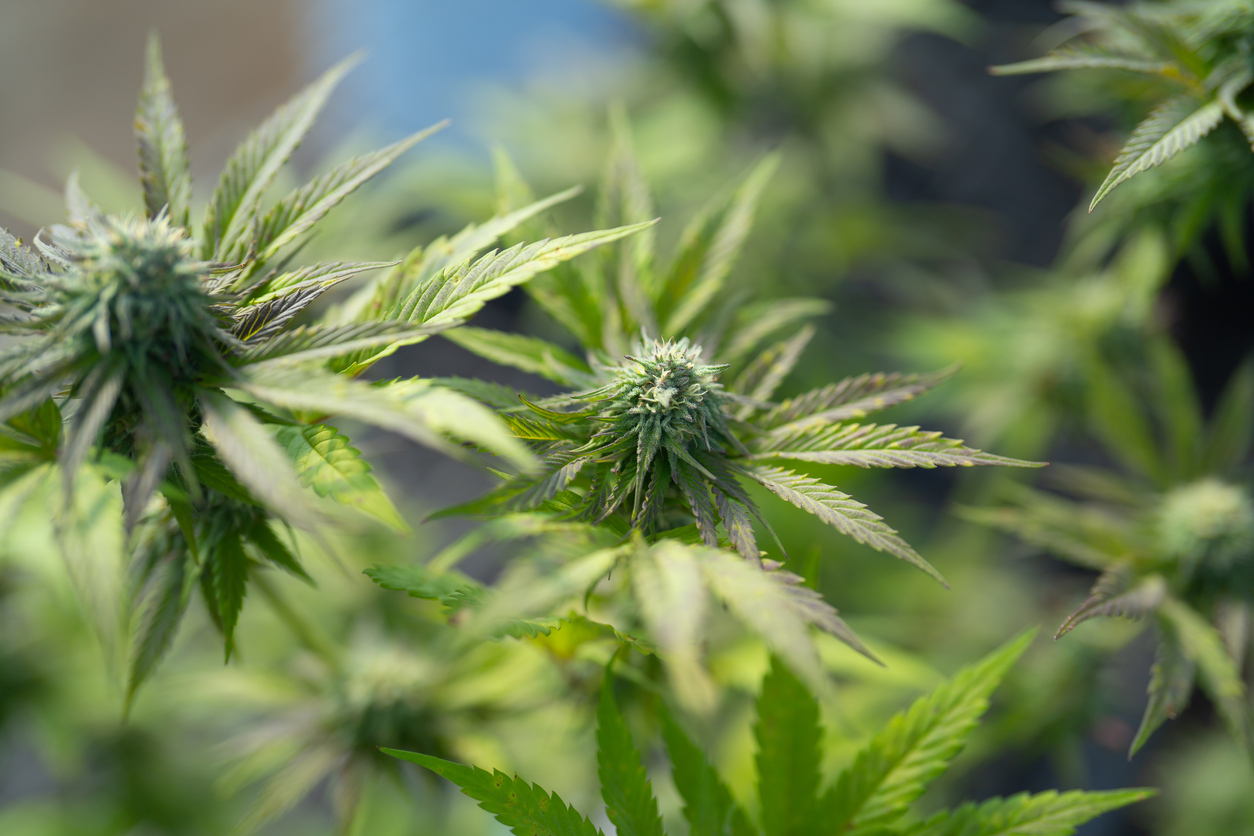
APHIS Grants Approval to Bioengineered Hemp and Other Crops
April 10, 2024| |
The US Department of Agriculture announced the approval of bioengineered hemp with boosted levels of medicinal ingredients and reduced psychoactive ingredients. The review of the Animal and Plant Health Inspection Service (APHIS) concluded that the improved hemp is unlikely to cause increased plant pest risk compared to other cultivated plants.
The bioengineered hemp, known as Badger G, was developed by scientists from the Wisconsin Crop Innovation Center at the University of Wisconsin. Badger G has increased concentrations of cannabigerol (CBG), a cannabinoid that is not widely regulated and shows therapeutic properties. It has been linked to showing medicinal benefits related to glaucoma, inflammatory bowel disease, and Huntington's disease. CBG is also one of the hemp compounds that is more expensive to produce compared to other cannabinoids. Aside from the CBG modification, the researchers used genetic knockout to prevent the plant from producing tetrahydrocannabinol (THC) and cannabidiol (CBD).
USDA-APHIS also granted approvals to other bioengineered crops, including two camelinas modified for improved seed oil quality, canola modified for herbicide resistance, canola and brown mustard modified for improved product quality and herbicide resistance, soybean modified for altered product quality, and potato modified for fungal resistance.
| |
You might also like:
- Research Reveals How Ancient Viruses Got Cannabis High
- Florida Considers Supporting Hemp Research for Biofuel Production
- USDA-APHIS Determines that Yield10 Bioscience's Omega-3 Camelina Varieties May Be Planted and Bred in the US
Biotech Updates is a weekly newsletter of ISAAA, a not-for-profit organization. It is distributed for free to over 22,000 subscribers worldwide to inform them about the key developments in biosciences, especially in biotechnology. Your support will help us in our mission to feed the world with knowledge. You can help by donating as little as $10.
-
See more articles:
-
Plant
- Gene Editing to Improve Postharvest Life of Tomato
- Chinese Researchers Pinpoint Protein that Regulates Cucumber Leaf Size and Fruiting Ability
- APHIS Grants Approval to Bioengineered Hemp and Other Crops
- Japanese Scientists Boost Beta-carotene in Eggplant
- University of Basel Research Team Decodes How Corn Reduces Arsenic in Soil
-
Animal
- GE Bacterium Produces Plastic-Free Vegan Leather With Self-Dyeing Properties
-
Food
- Bottle Gourd Genome Tracks its Origin and History
-
Health
- Language Model Analyzes Untranslated Portion of mRNA to Boost Vaccine Development
-
Read the latest: - Biotech Updates (February 4, 2026)
- Gene Editing Supplement (January 28, 2026)
- Gene Drive Supplement (February 22, 2023)
-
Subscribe to BU: - Share
- Tweet

